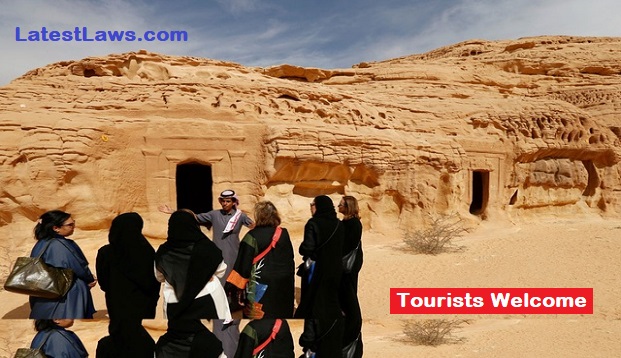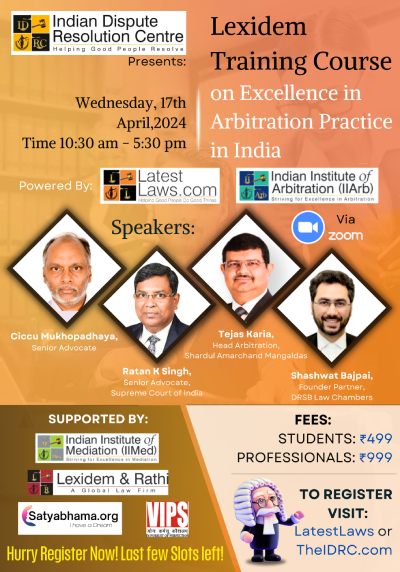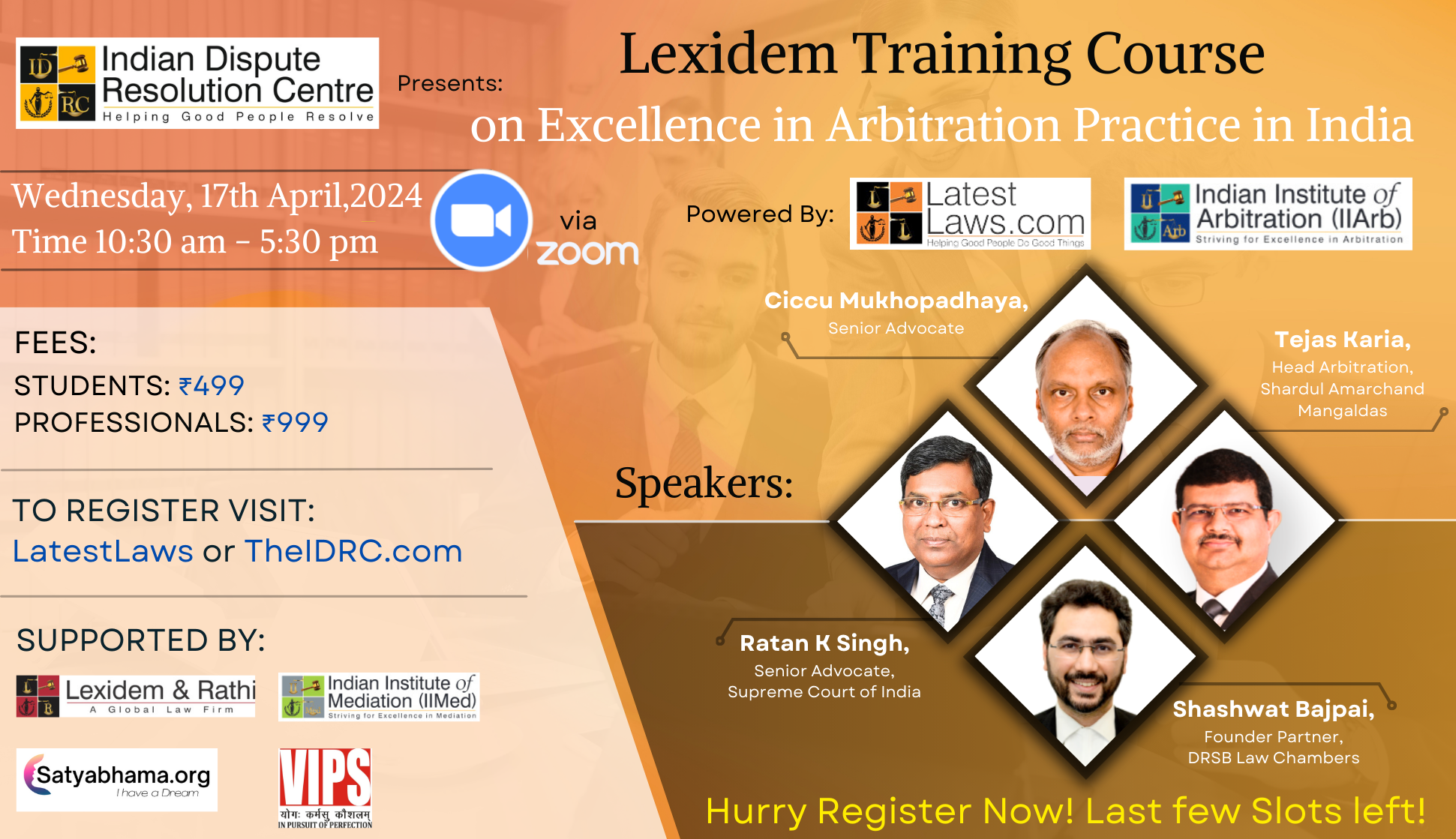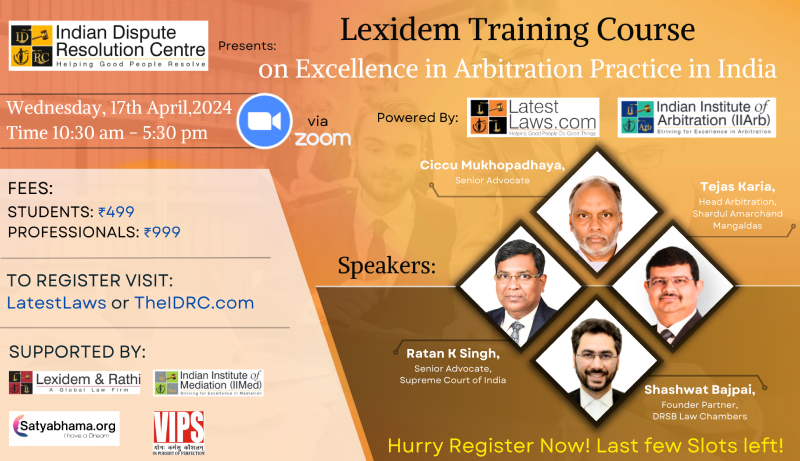February 12, 2019:
The strategy is in line with Crown Prince Mohammed’s efforts to loosen restrictions on entertainment & expressions of popular culture.
The new Italian-designed concert hall in the middle of the desert shimmered in the sunset light, its walls of mirror reflecting the golden sandstone hills & cliffs.
Inside, a symphony orchestra from China rehearsed a Western classical piece, preparing for a concert featuring Chinese pianist Lang Lang. The serene & lilting notes floated through the empty hall.
The concert was part of a series with performances by Andrea Bocelli, Yanni & Majida El Roumi taking place this winter in Saudi Arabia.
The CIA has since concluded that the crown prince was responsible for Khashoggi’s killing, & its strongest evidence includes intercepted conversations. The Saudi government denies he was involved.
Crown Prince Mohammed has also come under international criticism for imprisoning human rights activists & detaining hundreds of people in a hotel, as well as for waging a war in Yemen that has fueled what the United Nations calls the world’s worst man-made humanitarian crisis.
But at the same time, officials under his rule are trying to build up Saudi Arabia’s tourism & culture industries by promoting events like the music festival. In past years, an event like this would not have taken place in a remote region of the conservative kingdom.
The strategy is in line with Crown Prince Mohammed’s efforts to loosen restrictions on entertainment & expressions of popular culture.
The centerpiece of the area is Mada’in Saleh, or Al Hijr, a collection of more than 100 towering tombs carved into hillsides that take on the glow of burnished gold at sunset.
In developing tourism industry, officials are focusing on the ancient caravan town of Al Ula in the Hejaz, a western region that has been a crossroads for traders between Mediterranean empires & ports along the Gulf of Aden. “We call this the place of the future,” said Maher Mazan, a manager at Shaden Resort, a new hotel built among rock canyons outside town, where rooms typically go for $440 per night. “If you come back in one year, it’ll be different.”
The area’s rich history & archaeological sites have long captivated King Salman, the crown prince’s father. In 2017, the king established the Royal Commission for Al Ula, with the goal of preserving the striking rock archaeology, despite its pre-Islamic origins, & drawing more tourists. The commission also began looking at holding a concert series.
The centerpiece of the area is Mada’in Saleh, or Al Hijr, a collection of more than 100 towering tombs carved into hillsides that take on the glow of burnished gold at sunset. This was the southern reach of the realm of the Nabateans, who carved Petra, the famous sandstone city in Jordan. The tombs date back two millenniums, & many Saudis believe them to be cursed, the abode of jinn.
Nearby is a preserved station of the defunct Hejaz Railway, an Ottoman-era line built by German & Turkish engineers. By 1908, it ran 800 miles from Damascus to Medina.
One afternoon, a guide led a group of foreign visitors by car first to the train station, then to the Nabatean tombs.
A guide, Mohammed al-Anzi, said the region had been dominated in ancient times by four different civilizations. Some people had migrated here from Greece, he said, pointing to a carved eagle above a doorway.
“Later, the Romans destroyed the Nabateans,” he said. “Civilizations come, civilizations go. This is life, since the beginning of life.”
Among the tourists was a Chinese-British couple who gaped at the structures & took photographs & video to post to a Chinese travel website. Walking into one tomb, they asked about three burial niches. Al-Anzi said the custom then was to wrap the dead in animal skins & adorn them with jewelry.
Driving out of the area, the tourists noticed abandoned mud-walled homes. “The people were asked to move after this was designated Saudi Arabia’s first World Heritage Site,” al-Anzi said, referring to a label given by a U.N. agency.
The timeless & austere wonders of Mada’in Saleh contrast with the luxury trappings of the music festival, Winter at Tantora. As of early February, at least 30,000 people total had attended the festival’s weekend events, officials said. The festival began Dec. 20 & ends Feb. 23, after being extended two weeks.
Hussein Ibish, a scholar at the Arab Gulf States Institute in Washington, said the entertainment piece of Crown Prince Mohammed’s vision “is very large, and constitutes the revolutionary reintroduction of ‘fun’ to a society in which public entertainments have been basically eliminated for decades.” But because this plan involves exchanges with the West, that creates a conundrum, Ibish said.
“While you are unleashing socially liberalizing & economically modernizing forces that call on, & appeal to, the West — and which must appeal to the West — you’re trying to contain that with a political crackdown that is completely unacceptable & alienating to most Western audiences,” he said.
The weekends revolve around the concerts, held Fridays. There are sometimes other notable events, like hot-air balloon rides. Bocelli performed on the same weekend as a well-known horse race that drew royalty from around the Gulf region.
The Winter at Tantora website advertises a range of packages for each weekend. All are expensive.
For the weekend of the Yanni concert, the prices ranged from $1,400 for a day-trip package (round-trip flight from Jiddah or Riyadh, the capital, included) to $6,000 for a “diamond” weekend package — prohibitive costs for many Saudis.
Pop-up restaurants with outdoor seating open among the canyons on weekends. There is a version of Salt, a popular burger restaurant in Dubai, in the United Arab Emirates, & Nozomi, a Saudi-run sushi-&-burger restaurant.
The visitors sometimes meet local residents of Al Ula in a weekend tourist market, next to the mud homes of the ancient quarter. An abandoned fort overlooks the neighborhood. Next to the fort is a large sundial where local residents hold a celebration every winter solstice. They call it the tantora.
The festival “has allowed the people of Al Ula to proudly show their home to the world,” said Abdullah al-Khelawi, the royal commission’s head of economic development. He added that the festival provided seasonal work to 1,000 locals. The headquarters of the royal commission, which runs the festival, are in Riyadh, where 100 full-time employees work.
“This can start a tourism industry,” said a local driver, Saleh al-Bilawi, 25, who had recently studied criminal justice at a U.S. university. “They employ a lot of drivers just for the winter festival alone.”
Trying to lure tourists, Saudi Arabia hosts music festival near ancient tombs
There are sometimes other notable events, like hot-air balloon rides. Bocelli performed on the same weekend as a well-known horse race that drew royalty from around the Gulf region. (New York Times)
Al-Bilawi & his colleagues are aware the work is only temporary. Another driver, Faisal, also a university graduate, said he was paid $36 per day & worked only on weekends, but was grateful for the job.
The royal commission & the French government have agreed to send 300 to 1,000 local residents to France for training, mostly in the hospitality industry. In September, the first 68 students arrived at Campus France, a French agency, 32 of them women.
On Jan. 31, tourists began flying in for the concert by Bocelli, who was to perform the next night. Most appeared to be wealthy Saudis, although there were some foreign residents of the country, too.
The few coming from outside had managed to get tourist visas with the royal commission’s help; Saudi Arabia generally does not give out such visas. A good number of the visitors appeared to be guests of the commission, which was paying their way.
An Italian couple sitting in a restaurant at a farm said they had come to Saudi Arabia at the urging of their friend, the Italian ambassador in Riyadh.
“We want to see the country before it is affected by the Western world & looks the same as everywhere else,” said Cinzia Chiari, dressed in black robes. “I hope the Saudis realize their treasure & beauty is in its distinct heritage.”
Source Link
Picture Source :




























